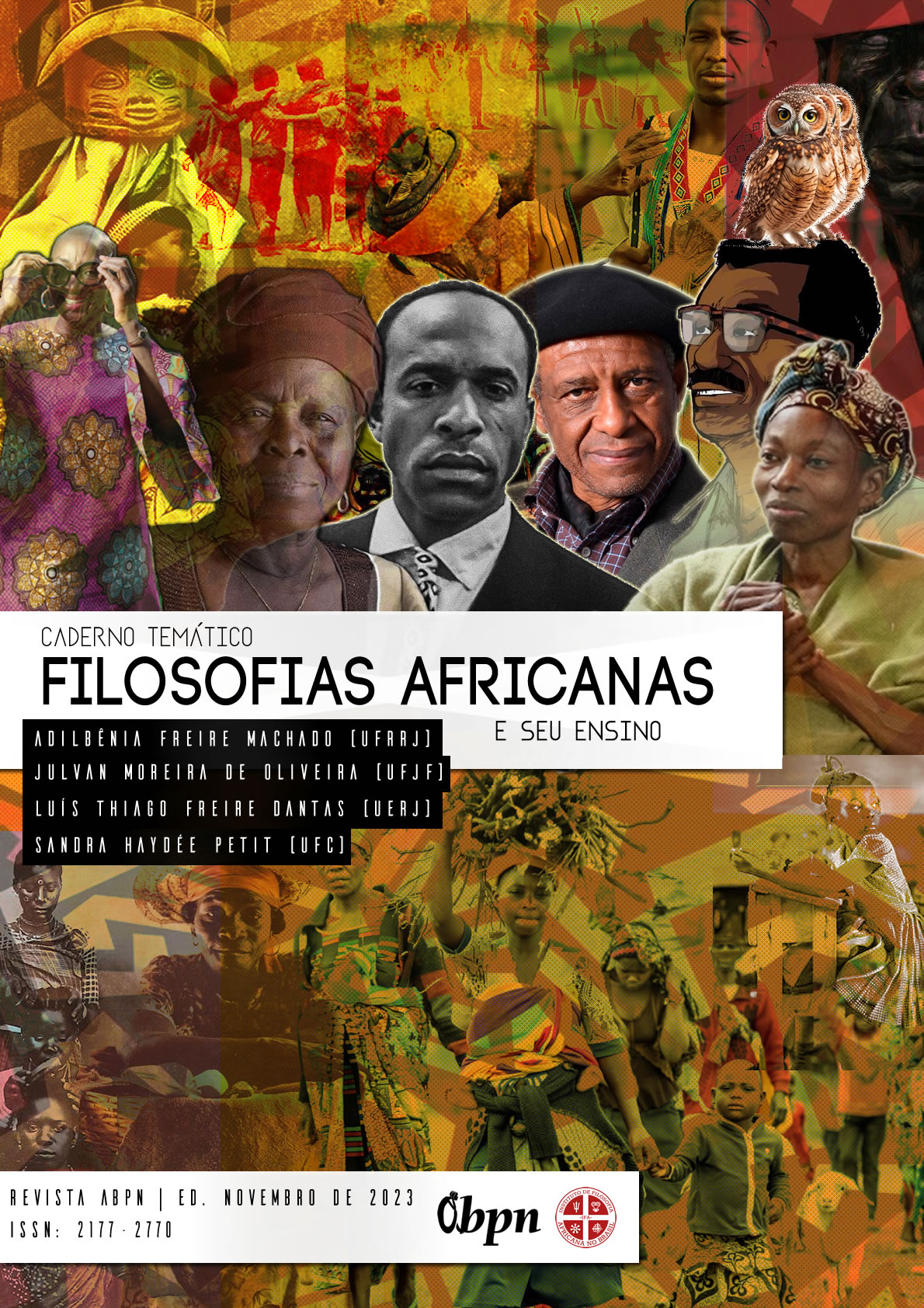O FAZER FILOSÓFICO EM MOÇAMBIQUE: CONVENIÊNCIA, IMPASSES E DESAFIOS
Main Article Content
Abstract
The philosophy in Mozambique is a "young girl", officially generated in the last century precisely in the 50s, having gone through moments of welcome, rejection, suffering and near death. However, today, despite the setbacks that it has been subjected to, it can be said that it is in a fertile and advanced phase, because it tends to be an open, attentive, interested and available place for thinking, dialogue and reflection, a unique space for the exercise of autonomous thinking, cognitive experience and reflective challenge to intelligence. Likewise, philosophy has been evident and gained a decisive ground for the progress of thought, development of problematization, debate of ideas, deepening of criticism and flourishing of investigative creativity. The obstacle of philosophy has to do, essentially, with the lack of research and debates around its teachability and the deficiency in the Mozambican literary production concerning the area of its didactics. Its greatest challenge is to become a space, par excellence, of confluence of different scientific ideas, of search for opportunities capable of suggesting bridges of articulation and pronouncement between those domains of knowledge that at first glance seem disparate and usually considered as non-relatable.
Key-words: Philosophy; Convenience; Obstacles; Challenges; Mozambique.
Article Details

This work is licensed under a Creative Commons Attribution 4.0 International License.
Copyright Statement
- Authors retain copyright and grant the journal the right of first publication, with work simultaneously licensed under the Creative Commons Attribution License CC-BY 4.0 which allows the sharing of the work with acknowledgment of the authorship of the work and initial publication in this journal.
- Authors are authorized to enter into additional contracts separately for non-exclusive distribution of the version of the work published in this journal (eg, publishing in institutional repository or book chapter), with acknowledgment of authorship and initial publication in this journal.
- Authors are allowed and encouraged to post and distribute their work online (eg in institutional repositories or on their personal page) at any point before or during the editorial process, as this may lead to productive changes as well as increase impact and citation of published work (See The Effect of Free Access).

